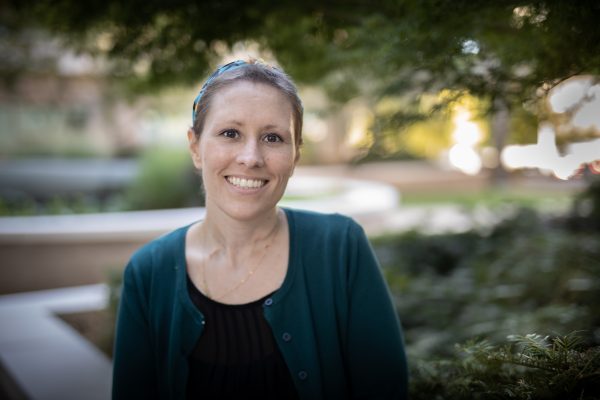
May 21, 2020
A cancer journey provides a new career path
After two cancer diagnoses and multiple rounds of treatment, Lauren Gift’s cancer journey inspired her to help others navigate cancer treatment.

May 21, 2020
After two cancer diagnoses and multiple rounds of treatment, Lauren Gift’s cancer journey inspired her to help others navigate cancer treatment.
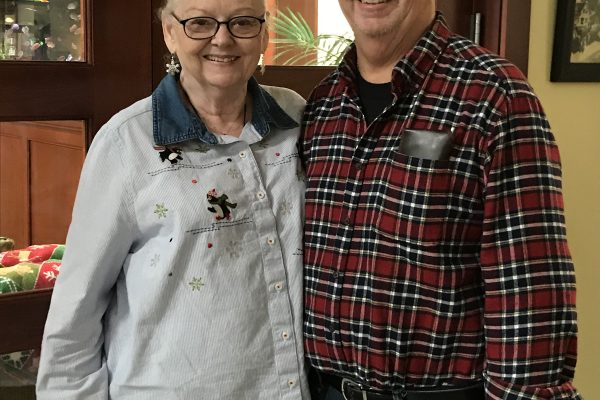
March 12, 2020
When his lymphoma recurred just 18 months after treatment, Jeff Nichols enrolled in a CAR-T clinical trial at UNC Lineberger.
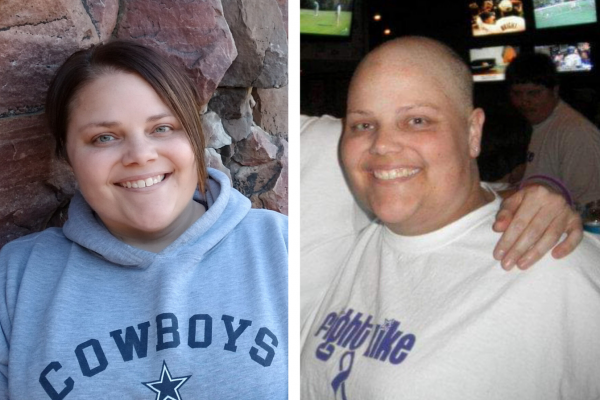
March 9, 2020
Donielle DuBois traveled to Chapel Hill to receive CAR-T immunotherapy for her Hodgkin lymphoma, which had recurred after being in remission for several years.
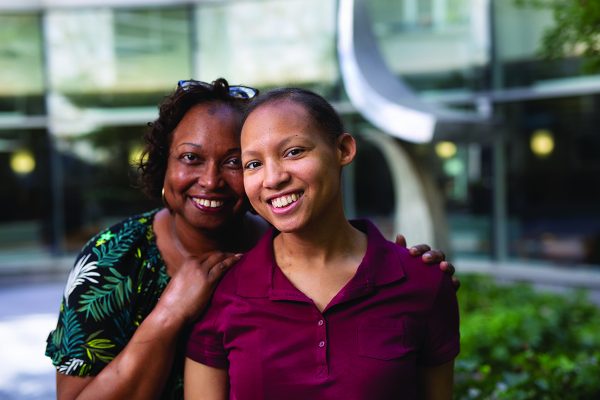
February 13, 2020
When traditional cancer treatment options failed, Sabrina Shelton's care team referred her to UNC for a CAR-T therapy clinical trial.

December 6, 2019
University of North Carolina Lineberger Comprehensive Cancer Center researchers will be well-represented at the 61st American Society of Hematology Annual Meeting in Orlando, Florida, Dec. 7-10. ASH is the world’s largest professional society of hematologists and is dedicated to understanding, diagnosing, treating and preventing blood disorders. The society expects more than 20,000 hematologists and health …
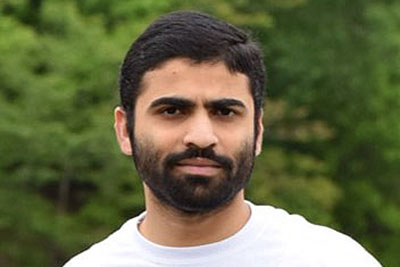
November 18, 2019
The Society for Immunotherapy of Cancer honored Rahul Mirlekar, PhD, a postdoctoral research associate at UNC Lineberger, as a recipient of its 2019 Young Investigator Award. The society honored Mirlekar at its 34th Annual Meeting, held Nov. 6-10 in National Harbor, Maryland. The meeting was expected to attract more than 4,000 researchers, clinicians, pharmacists and …
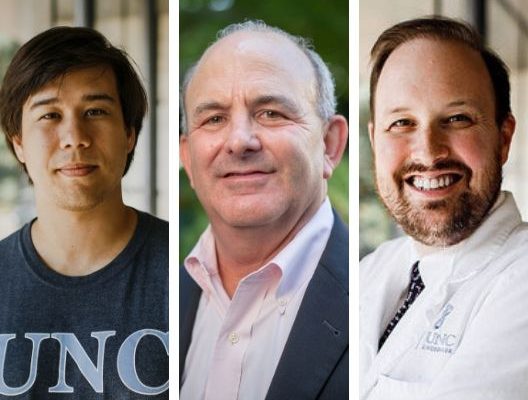
July 12, 2019
University of North Carolina Lineberger Comprehensive Cancer Center researchers have published a review of experimental cancer vaccines that identified areas of promise and challenges for the field. In the Nature Reviews Cancer, researchers outlined current research into targets for therapeutic cancer vaccines, an area of active investigation focused on boosting immune responses to cancer. “Generally, …
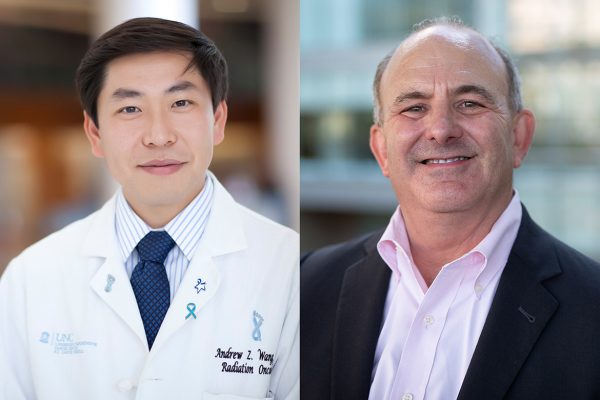
December 3, 2018
The University of North Carolina System recently awarded UNC Lineberger’s Andrew Wang, MD, and Jonathan Serody, MD, a four year, $2.09 million Research Opportunities Initiative grant to support their research using pharmacoengineering approaches to develop more effective personalized cancer vaccines. The grant was one of 15 awarded to scientists across the UNC System, with the specific intent to support …
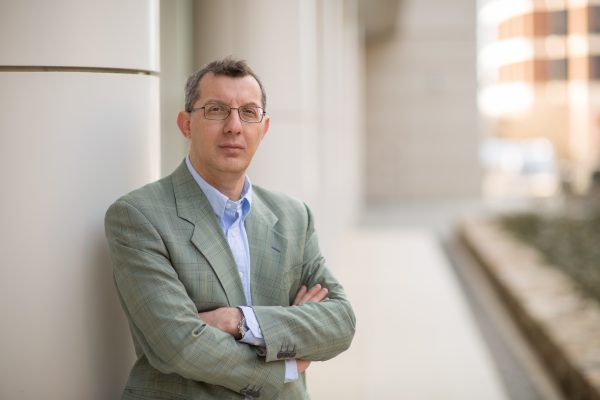
October 23, 2018
Gianpietro Dotti, MD, will use the $100,000 grant to conduct research into the use of cellular immunotherapy to treat solid tumors such as neuroblastoma, glioblastoma, ovarian cancer, pancreatic cancer and triple negative breast cancer.
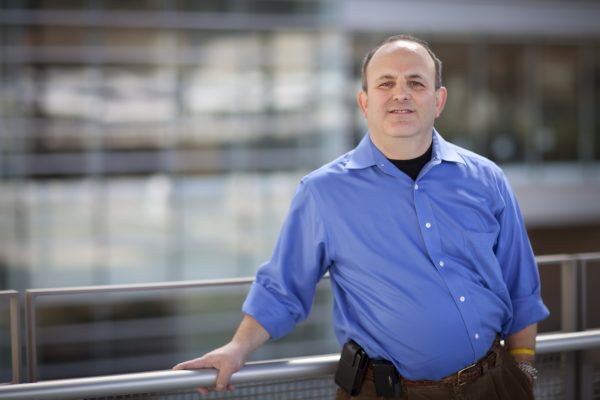
August 21, 2017
Jonathan Serody, MD, Benjamin Vincent, MD, and a team of UNC Lineberger investigators published findings in the Journal of Clinical Investigation that may explain why drugs designed to unleash the immune system against cancer were ineffective in treating a type of triple negative breast cancer. They determined “claudin-low” tumors were releasing a chemical signal to attract regulatory T-cells, which prevented the immune system from rejecting the cancer.